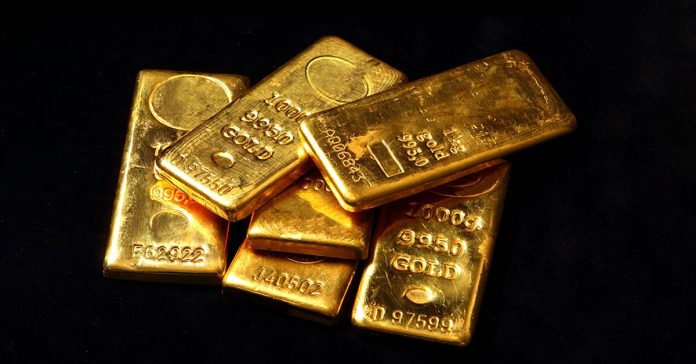Once you have retired from active working life, it becomes more important than ever to look at protecting the wealth you have accumulated over your lifetime against both inflation and recession. These twin economic forces serve to devalue both your traditional investment portfolio and any cash reserves you hold in terms of their actual purchasing power.
We are living in challenging times globally and economically with war in Europe, inflation running at around 8% last year, numerous smaller regional banks folding, and the recently narrowly averted debt crisis situation.
Jake Jolly, head financial analyst of renowned financial investment firm BNY Mellon Investment Management stated last month on CNN Business “A recession sooner or later remains more likely than not”, and he is not alone in this belief.
In a recessive economy business activity slows and typically the value of traditional investment portfolios [typically comprising stocks shares and bonds] goes down, sometimes quite dramatically, as investment activity slows down and investors migrate their capital to what are called “safe haven” assets in order to preserve their capital and ride out the turbulent times in relative safety.
So what are safe haven assets? The term “Safe haven” was typically used by sailors referring to a sheltered port, cove or harbour where a ship could safely ride out a storm without damage. Safe haven assets are investment vehicles where people can ride out challenging economic times without taking financial losses, and generally even making worthwhile gains.
The best known and most commonly recognised safe haven asset is physical gold. Gold has been recognized for centuries as a store of value and is prized by many cultures. The value and credibility of gold is very much a part of our everyday language with companies promoting their premium product lines as “gold standard products”, great opportunities being called “golden opportunities” and “good as gold” used to describe something of high value.
The actual “Gold Standard” itself was a reference to currencies particularly the US dollar and the British Pound being backed by physical gold held in vaults, so that each dollar or pound issued was backed by the equivalent value in gold. This ensured that the value of the currency and its purchasing power was maintained. The US abandoned the Gold Standard for the last time in 1971 under Richard Nixon, making way for the excessive money printing that is going on today, with no genuine assets backing the value of the US dollar.
To put this devaluation into perspective in terms of actual purchasing power, an item that would have cost $50 in 1970 would have cost almost $350 in 2020, around 7 times as much, a monstrous loss of purchasing power! [source Statista.com]. Were you to have purchased an ounce of physical gold in 1970 that ounce of gold would have cost you around $38. That same ounce gold today is worth $1964.00, a phenomenal gain in value!
With gold predicted to be in a bull market for the next at least 5 years and The World Gold Council, predicting solid gold demand from central banks and Sovereign nations for the foreseeable future now is an ideal time to get educated about the benefits of gold, and how you can use physical gold investment as a means of hedging your retirement portfolio against risk.
One of the easiest and most popular ways for US seniors and retirees to involve themselves in gold investing is by means of a Gold Backed Ira or 401k. Due to increasing demand from the senior market particularly, for access to gold investing many companies have sprung up offering Gold backed IRA options and it is now quite a quick and easy process for retirees to change part or all of their current IRA or 401K to one backed by physical gold, without incurring any penalty or tax from the IRS.
There is a process involved and specific rules and regulations around the types of gold you can invest in, as well as very clear rules around storage of the gold you choose to purchase [you must store your gold in a licenced depository, home storage is not permitted under IRS rules]
A reputable precious metals company will educate you on the advantages of a Gold Backed IRA and if you feel that it is the right option for you, tailor a package that suits your lifestyle, timeframes and individual investment goals and assist you navigating the paperwork and legalities involved in making the switch.
























